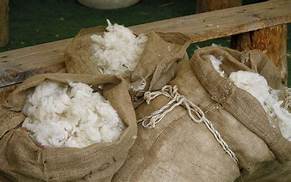Our Mongolian lawyers often work with foreign clients and local trading companies involved in import of product into Mongolia. Products entering Mongolia often require short term storage as the products are inspected by Customs. Importers are able to utilize temporary warehousing solutions for these goods for the duration the products are under Customs control yet not yet cleared.
Temporary Customs warehousing may be open for the public, or limited access. Goods are typically placed in temporary storage upon decision by Customs that the goods be stored pending the Customs inspection process. Goods seized by Customs or detained on suspicions of violations of import regulations are also stored in the temporary warehouse.
When goods are placed in temporary storage, a copy of the manifest and other documentation relating to the shipment is kept on file. In normal circumstances storage in temporary warehouses is permitted for a period of up to 2 months from the date of entry. Customs has the option to extent this period for an additional month. For perishable or hazardous goods, storage may be for 2 weeks, with a possible one week extension.
Storage of petroleum products is permitted in a limited access facility operated a licensed fuel importer. Third parties and those not having the necessary import license will not be permitted to store products in such facility.
A party with product in temporary storage may not transfer title to a third party until customs inspection and clearance is completed.

